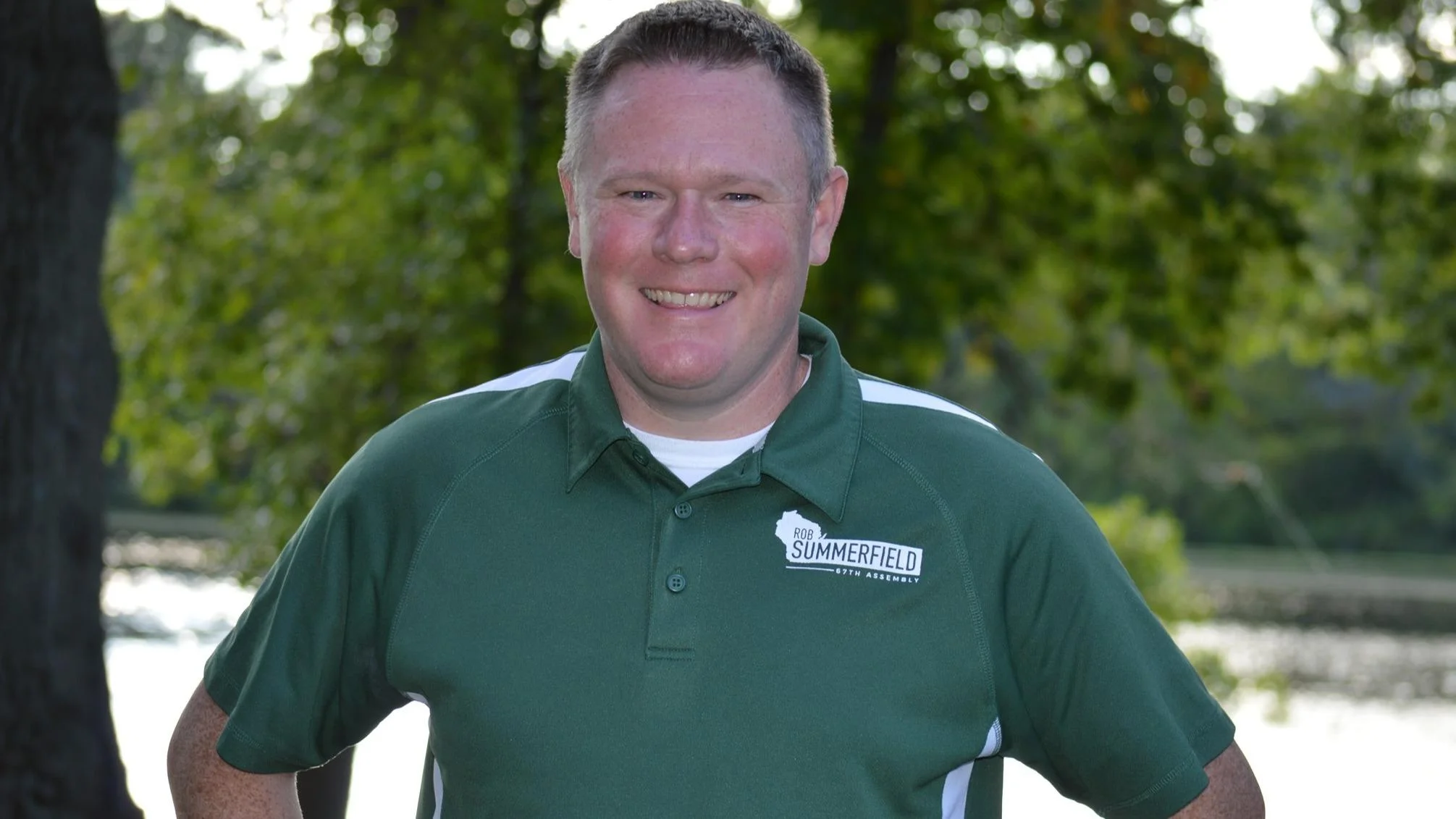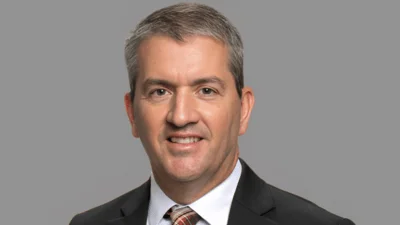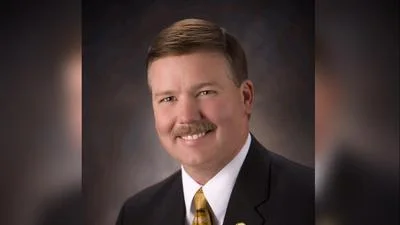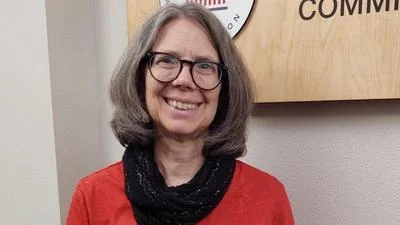Rob Summerfield, Wisconsin State Representative for 68th District | www.facebook.com
Rob Summerfield, Wisconsin State Representative for 68th District | www.facebook.com
According to the Wisconsin State Legislature's official website, the bill was described as follows: "an income and franchise tax exemption for broadband expansion grants and for federal high-cost program funding for broadband expansion. (FE)".
The following is our breakdown, based on the actual bill text, and may include interpretation to clarify its provisions.
In essence, this bill establishes that income received from grants for broadband expansion, provided by the state, local governments, tribal governments, or the federal government, will be exempt from state income and franchise taxes. Additionally, it includes tax exemptions for income derived from federal high-cost programs for broadband expansion administered by the Federal Communications Commission. The bill specifies that individuals or entities cannot claim these exemptions for the same income that has already received an exemption under existing law. The provisions apply to taxable years beginning after Dec. 31, 2024.
The bill was co-authored by Senator Romaine Robert Quinn (Republican-25th District), Representative David Armstrong (Republican-67th District), Representative Calvin T. Callahan (Republican-35th District), Representative Barbara Dittrich (Republican-99th District), and Representative Chanz J. Green (Republican-74th District). It was co-sponsored by Senator Julian Bradley (Republican-28th District), Senator Dan Feyen (Republican-20th District), and Senator Jesse L. James (Republican-23rd District), along with 28 other co-sponsors.
Rob Summerfield has co-authored or authored another 10 bills since the beginning of the 2025 session, with none of them being enacted.
Summerfield graduated from the University of Wisconsin at Stout in 2002 with a BS.
Summerfield, a Republican, was elected to the Wisconsin State Assembly in 2025 to represent the state's 68th Assembly district, replacing previous state representative Karen Hurd.
In Wisconsin, the legislative process starts when a senator, constituent, group, or agency proposes an idea for a bill. After drafting, the bill is introduced, numbered, and referred to a committee for review and public input. If approved, it moves through three readings and votes in both the Senate and Assembly. Once both chambers pass the same version, the bill goes to the governor, who can sign it, veto it, or let it become law without a signature. Only a small share of bills introduced each session ultimately become law. You can learn more about the Wisconsin legislative process here.
| Bill Number | Date Introduced | Short Description |
|---|---|---|
| AB208 | 04/23/2025 | An income and franchise tax exemption for broadband expansion grants and for federal high-cost program funding for broadband expansion. (FE) |
| AB44 | 02/17/2025 | Allowing advanced practice nurse prescribers to pronounce the date, time, and place of a patient’s death for purposes of the preparation of death records |





 Alerts Sign-up
Alerts Sign-up